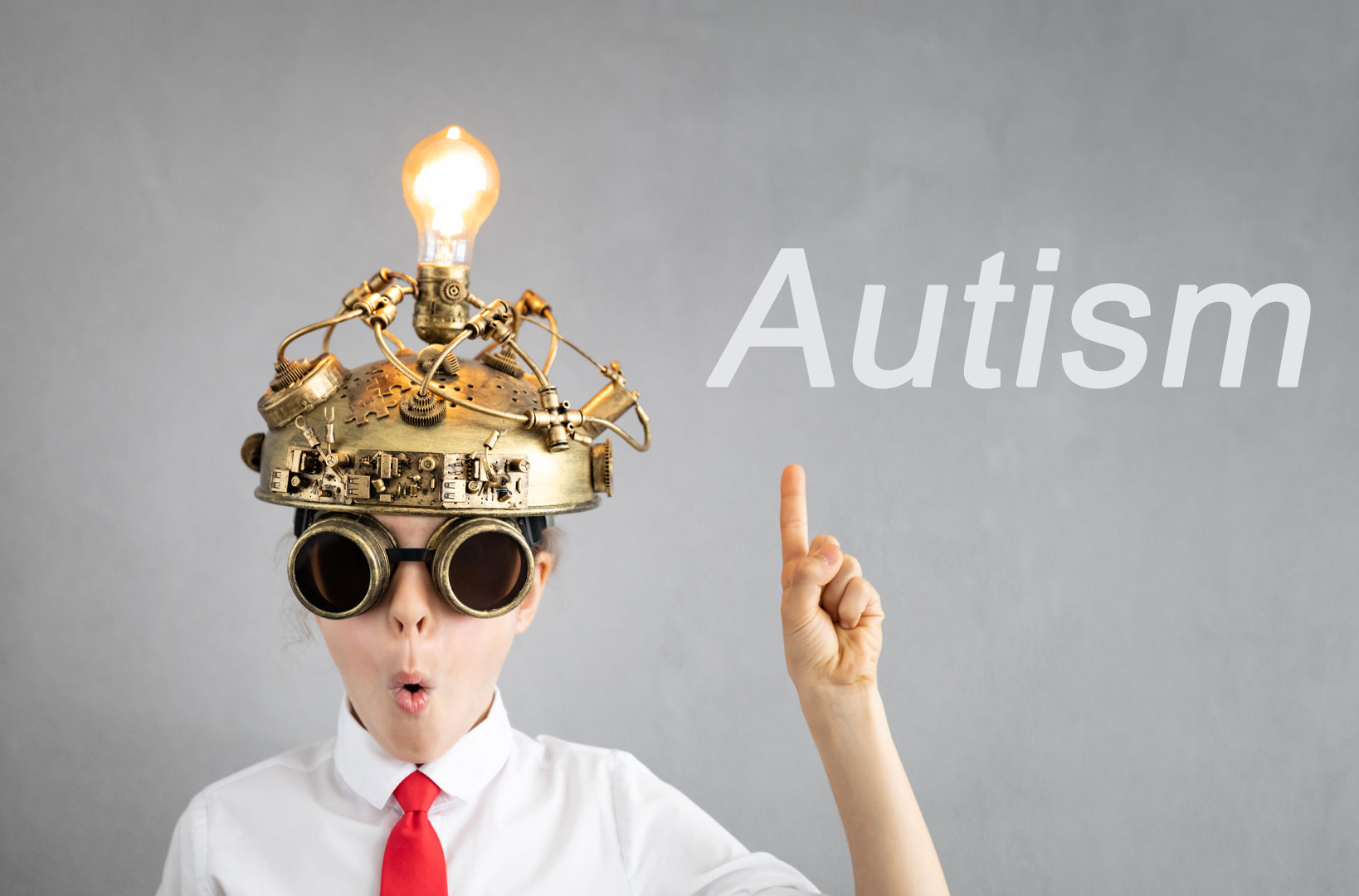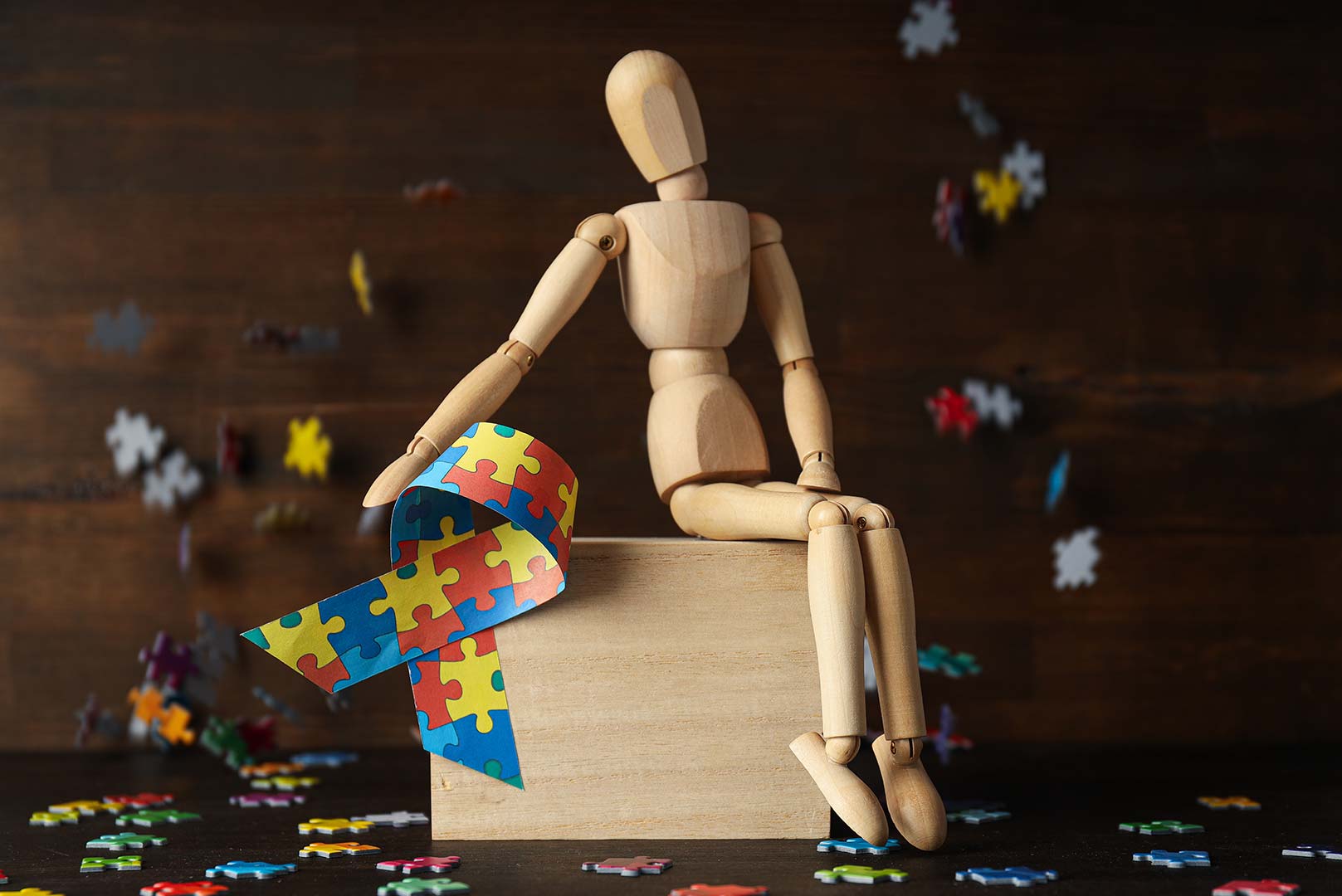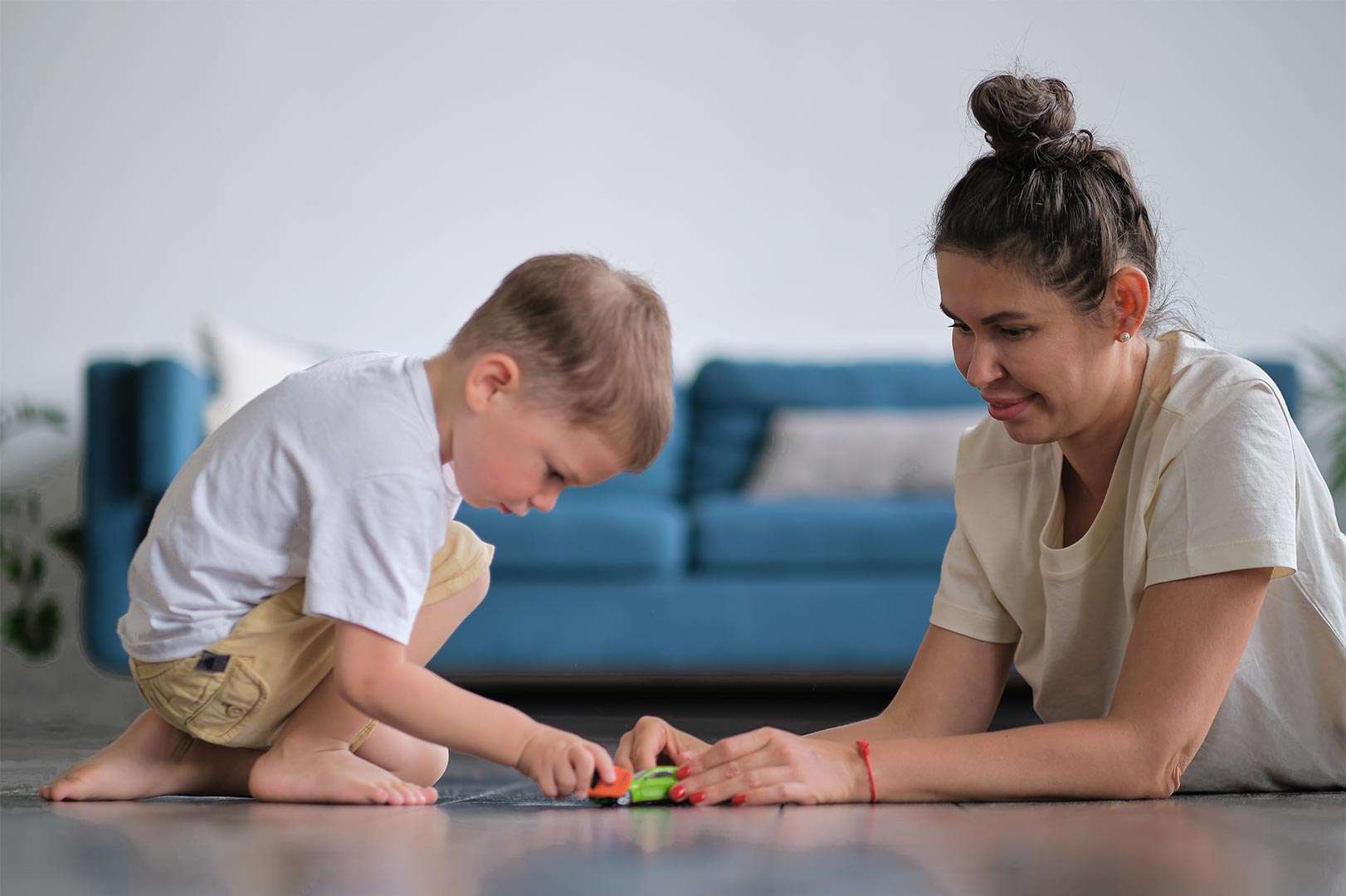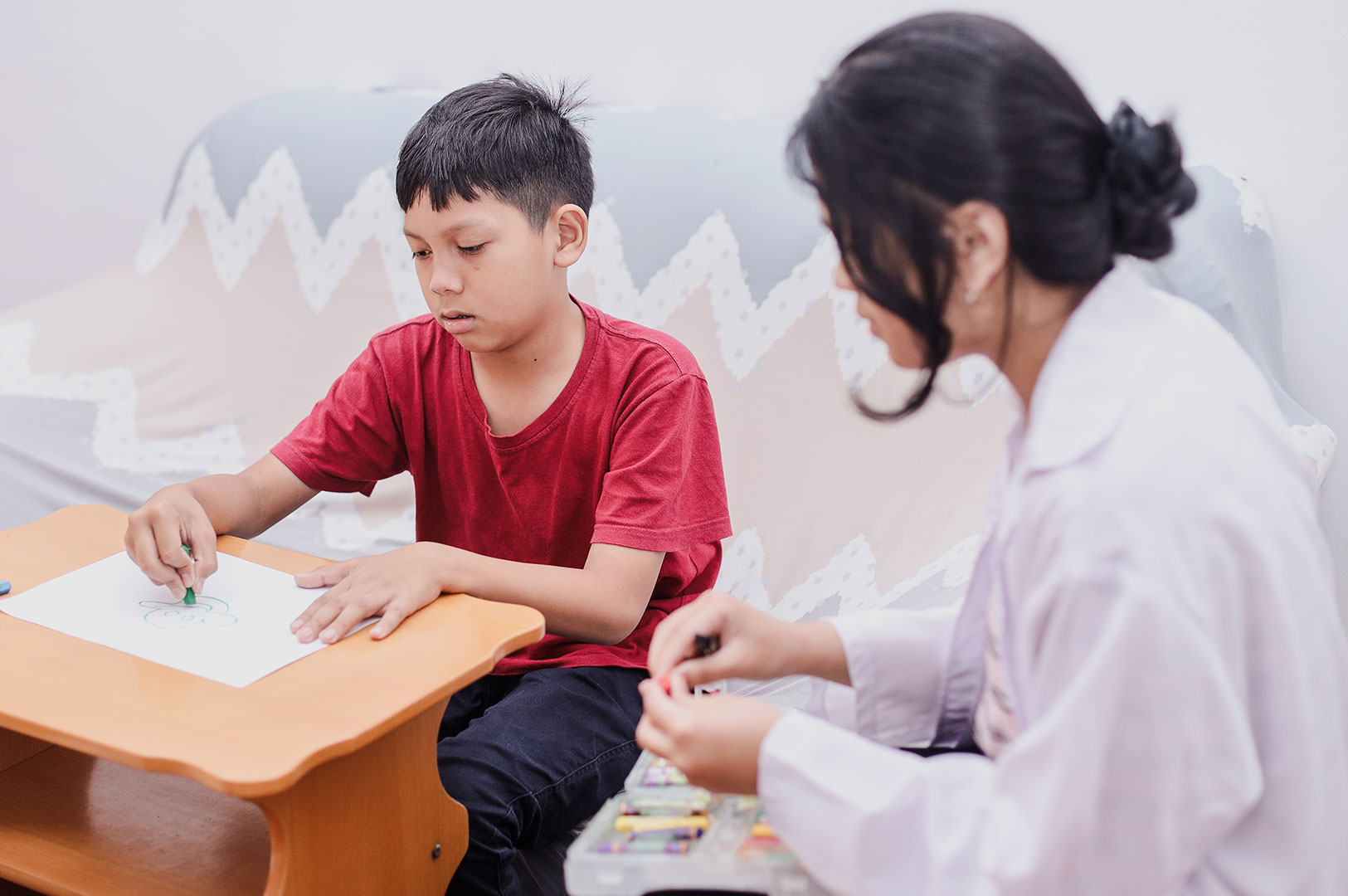Autism Unique strengths
People with ASD often have unique strengths and talents. They may be highly intelligent, creative, and have a strong attention to detail. They may also be very good at problem-solving and pattern recognition.
Autism Challenges
Of course, there are also challenges associated with autism. People with ASD may have difficulty understanding and responding to social cues, and they may have trouble communicating their needs and wants. They may also be sensitive to noise, light, and touch.
Autism Acceptance and support
The most important thing for people with ASD is to have acceptance and support from their families and friends. With the right support, people with ASD can live happy and fulfilling lives.
Here are some of the positive aspects of autism:
- High intelligence: Many people with ASD are highly intelligent. They may have a special interest in a particular subject or area of knowledge, and they may be able to learn and process information quickly.
- Creativity: People with ASD are often creative and imaginative. They may have a unique way of looking at the world, and they may be able to come up with new and innovative solutions to problems.
- Attention to detail: People with ASD often have a strong attention to detail. They may be able to notice things that others miss, and they may be very good at tasks that require precision.
- Problem-solving skills: People with ASD are often good at problem-solving. They may be able to see patterns and connections that others miss, and they may be able to come up with creative solutions to problems.
- Focus and concentration: People with ASD can often focus and concentrate for long periods of time on tasks that they are interested in. This can be a great asset in school and in the workplace.
Here are some of the challenges associated with autism:
- Social interaction: People with ASD often have difficulty understanding and responding to social cues. They may have trouble making friends, and they may be excluded from social groups.
- Communication: People with ASD may have difficulty communicating their needs and wants. They may speak in a monotone voice, and they may have difficulty understanding the nuances of language.
- Sensory sensitivity: People with ASD may be sensitive to noise, light, and touch. This can make it difficult for them to function in everyday environments.
- Repetitive behaviors: People with ASD may engage in repetitive behaviors, such as hand-flapping or rocking. These behaviors can be disruptive and may interfere with daily activities.
- Anxiety and depression: People with ASD are more likely to experience anxiety and depression than the general population. These mental health conditions can make it difficult to cope with the challenges of autism.
Despite the challenges, people with ASD can live happy and fulfilling lives. With the right support, they can learn to manage their symptoms and thrive in school, work, and life.
Here are some things that parents, teachers, and other caregivers can do to support people with ASD:
- Be patient and understanding: People with ASD learn and process information differently than others. It is important to be patient and understanding, and to provide them with the extra support they need.
- Set clear expectations: People with ASD need clear and consistent expectations. Let them know what is expected of them in different situations, and provide them with the support they need to meet those expectations.
- Be positive and encouraging: People with ASD need positive reinforcement and encouragement. Focus on their strengths and accomplishments, and help them to develop a positive self-image.
- Find the right resources: There are many resources available to help people with ASD. Find the resources that are right for your child or student, and make sure they have access to them.
With the right support, people with ASD can live happy and fulfilling lives. They can achieve their goals, make friends, and contribute to society.
If you or someone you know has ASD, please know that you are not alone. There are many resources available to help you. Please reach out for help if you need it.
Find out if your child needs extra support today!
- My child screams hysterically
- My child is mean to other children
- My child is always worried
- My child is scared to go to school
- My child is scared of loud noises
- My child doesn’t know how to read
- My child is scared to play outside
- My child does not respond to his name
- My child always gets in trouble
- My child fights with other children
- My child doesn’t know how to count
If you are concerned about your child’s development, contact us for Assessments: Phone/Telegram: 077.455.993 – Telegram Link: https://t.me/OrbRom
If you are concerned about your child’s development, contact us for Assessments.
Phone/Telegram: 077.455.993 Link: https://t.me/OrbRom







Leave A Comment